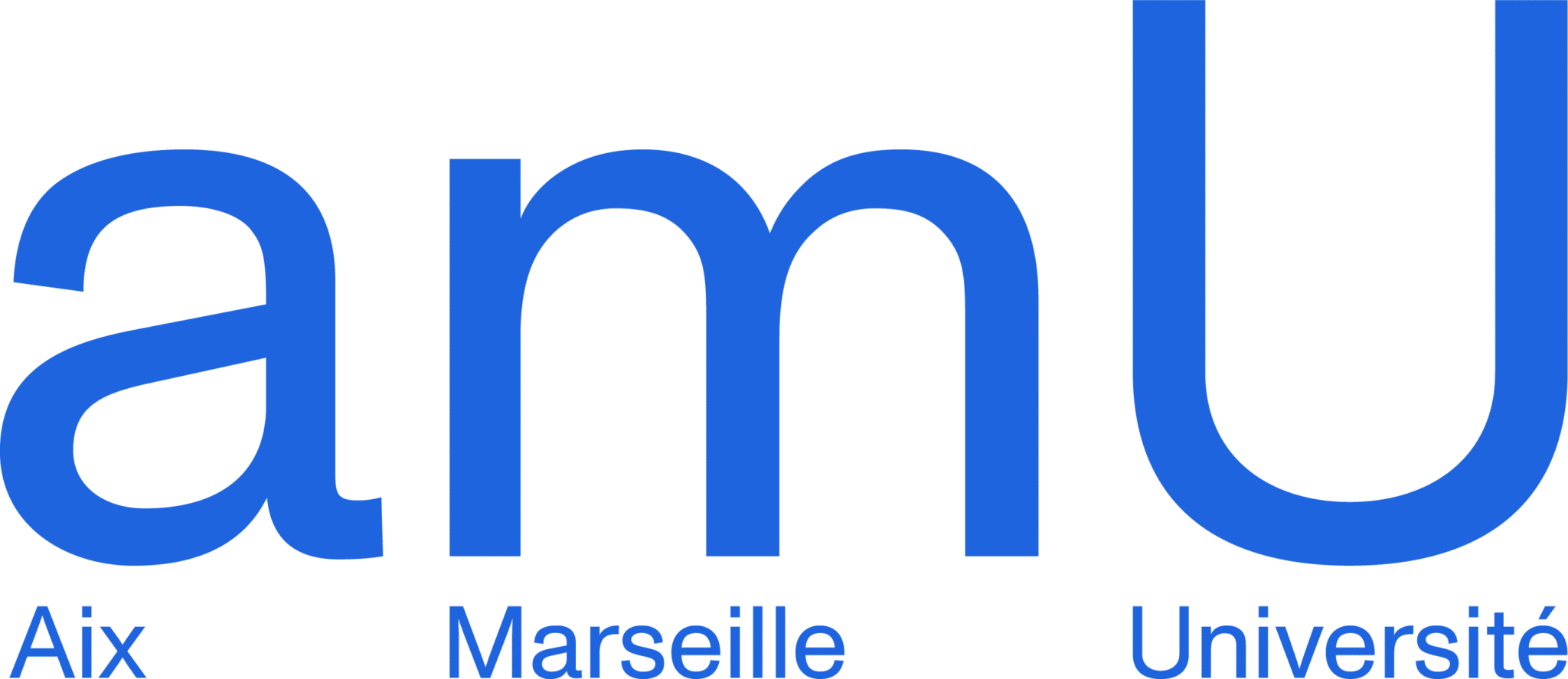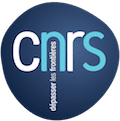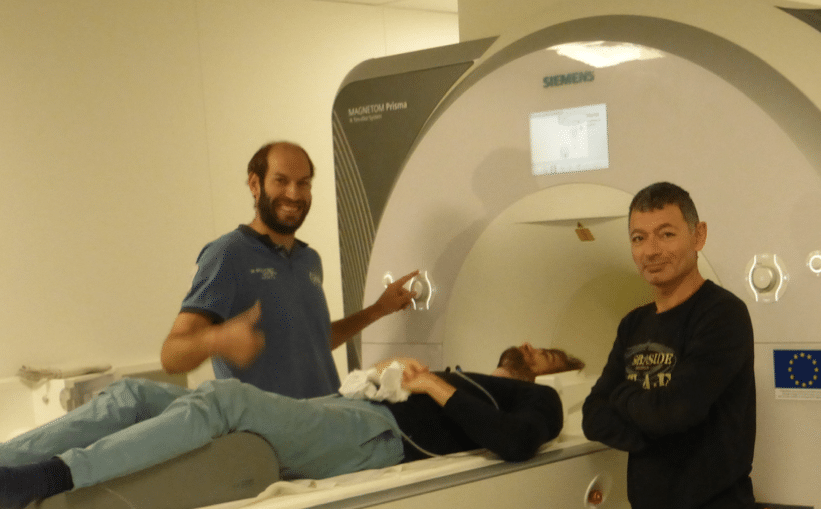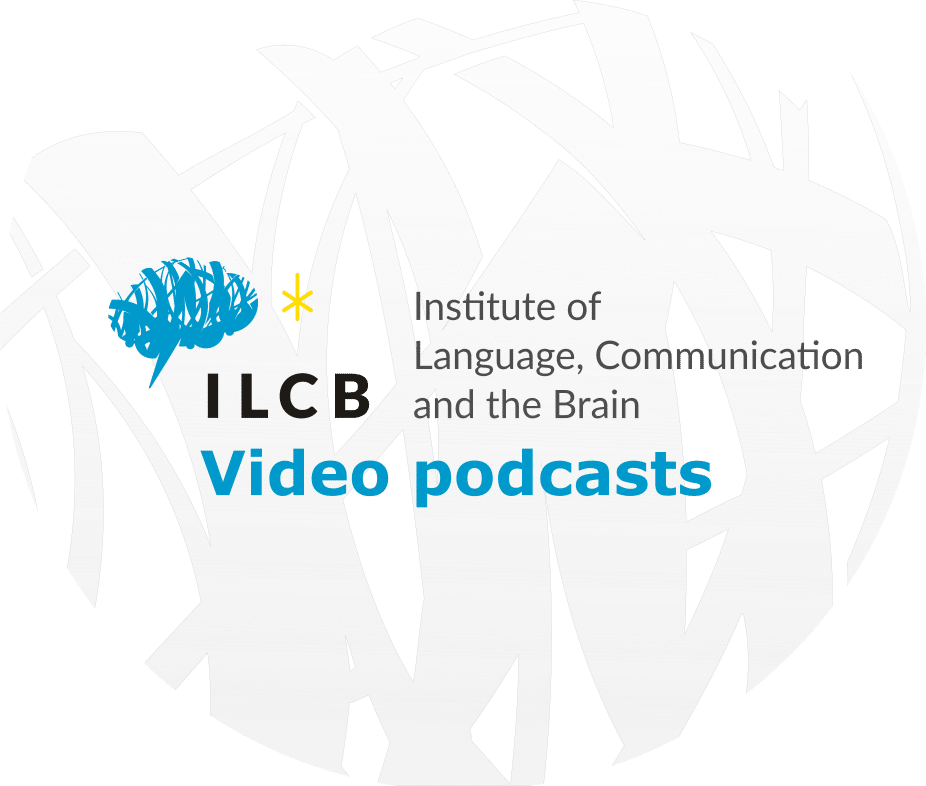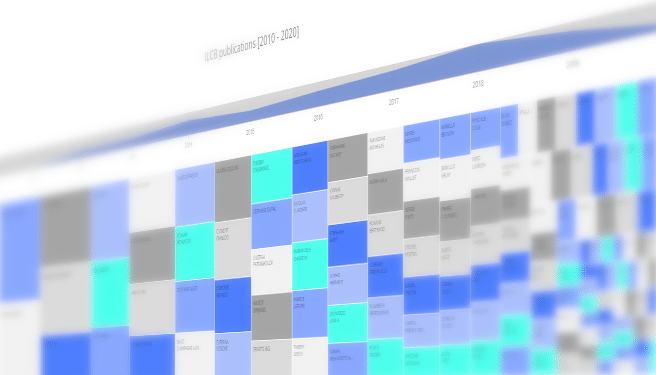
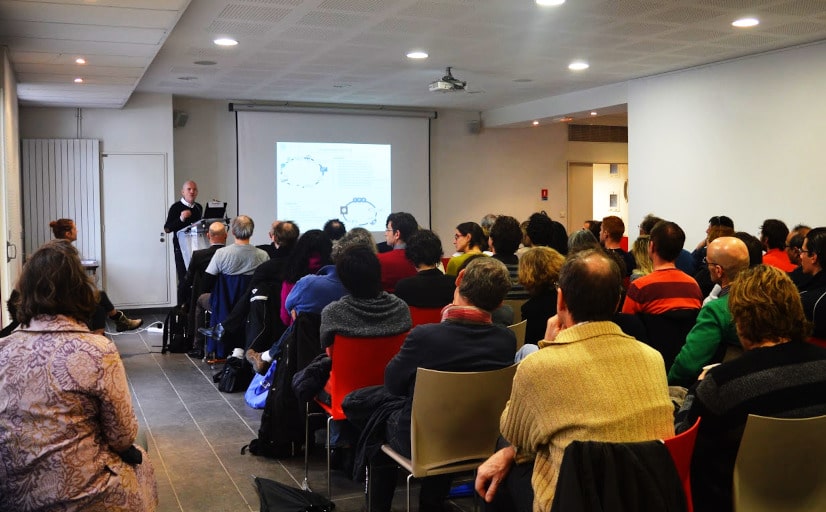
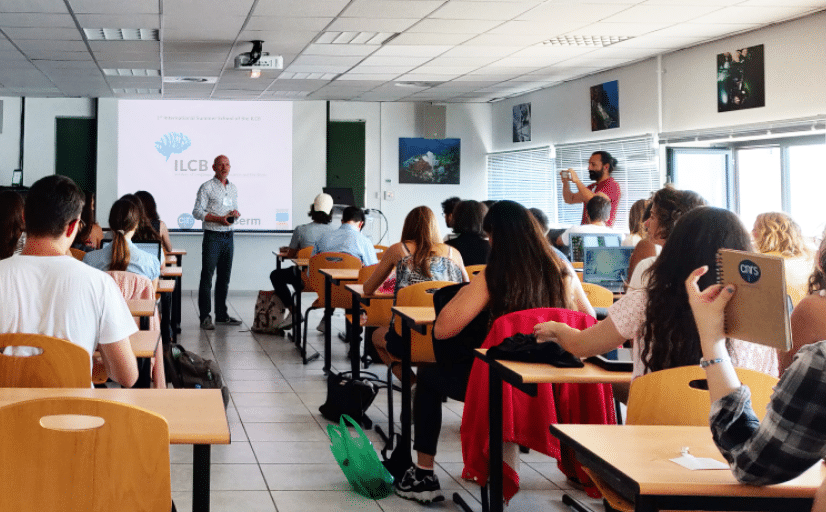
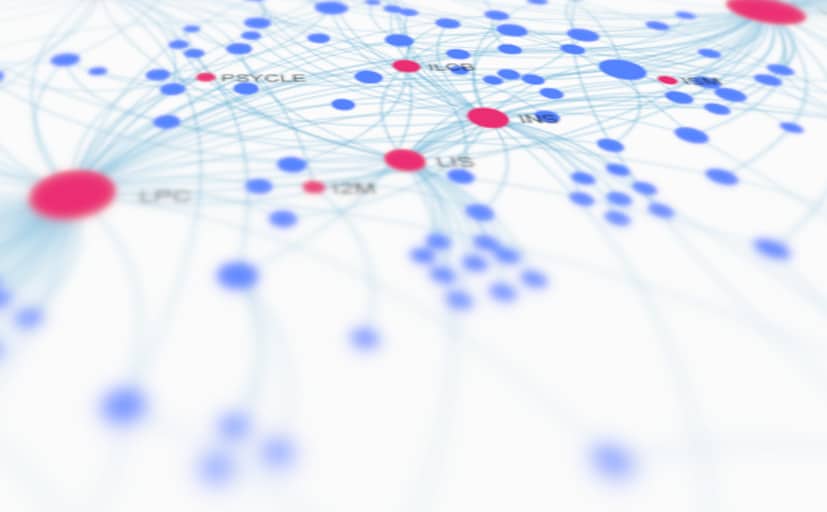
Featured publications
Toward a Child-Centered, Interactive Approach to Multimodal Language Development: A Commentary on Karadöller, Sümer, and Özyürek
Reading Acquisition Drives Linguistic Cross-Modal Convergence in the Left Ventral Occipitotemporal Cortex
Comparing Children and Large Language Models in Word Sense Disambiguation: Insights and Challenges
Social Context as a Source of Variability in the Psychological Sciences
Bringing together experts in linguistics, neuroscience, psychology, medicine and computer science to understand and to model the way that language functions.
The objective is to create a generic model of the processing of language and its cerebral bases.
SUMMER SCHOOL
The 8th Edition of the ILCB Summer School offers Introductory, Intermerdiate and Advanced Classes in four core fields of Cognitive Science, reflecting the expertise of the Institute.
read more >>
PhD PROGRAM
An interdisciplinary focus on language research, with interdisciplinary theory and practice trainings at basic and advanced level courses in all relevant disciplines.
read more >>
MASTER
The MaSCo is an innovative Master's program in Cognitive Science designed to offer students a rigorous scientific training in the study of human cognition. Taught entirely in English, the program combines theoretical knowledge with hands-on experience in cutting-edge methodologies.
read more >>
TRAINING
Advanced trainings are offered to the ILCB members
read more >>

Sign up for our newsletter
and get the latest from ILCB
Cross-cutting topics
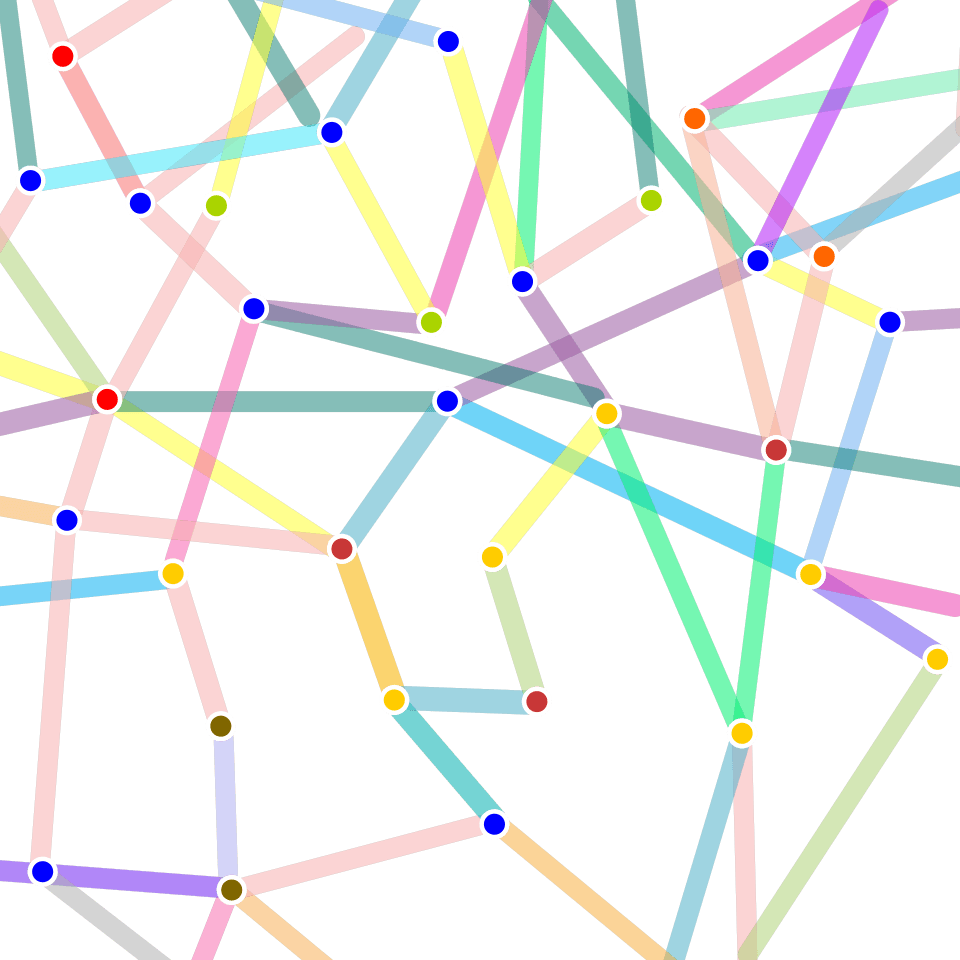
.
What are the origins of language in individuals and different species?
What are the cognitive, linguistic and neural dynamics that enable language and communication?
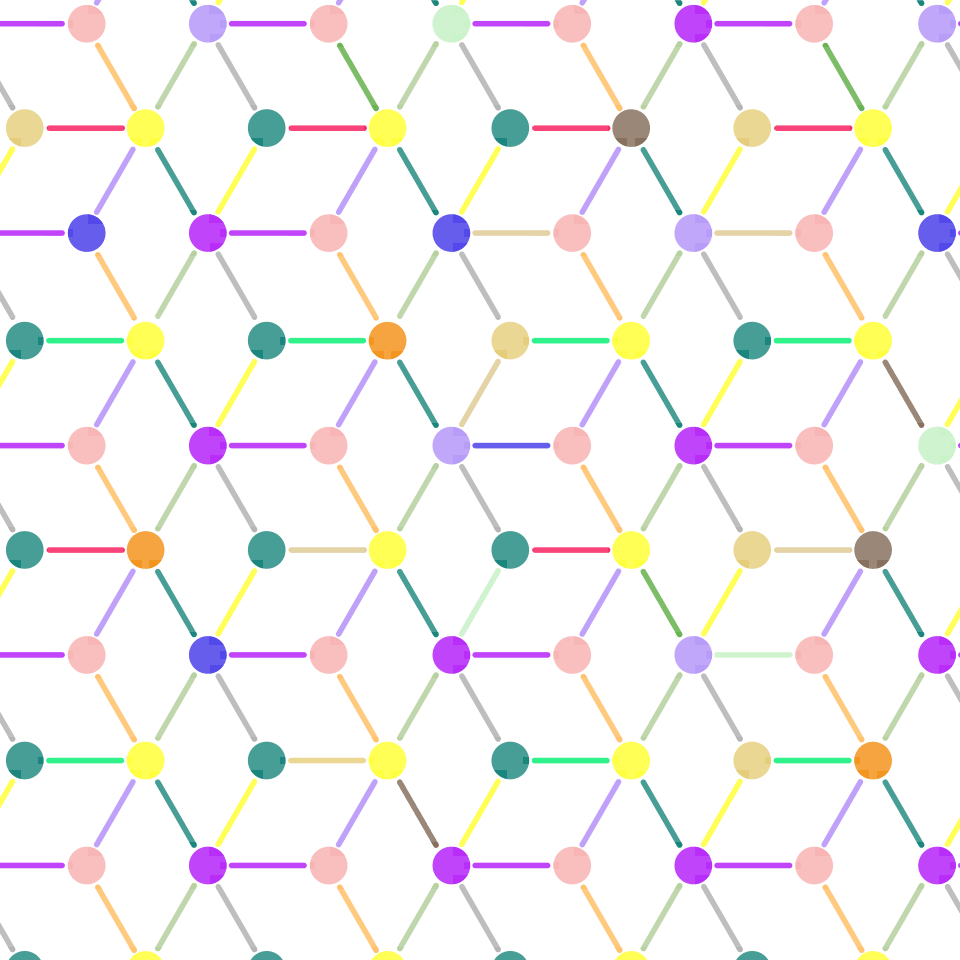
.
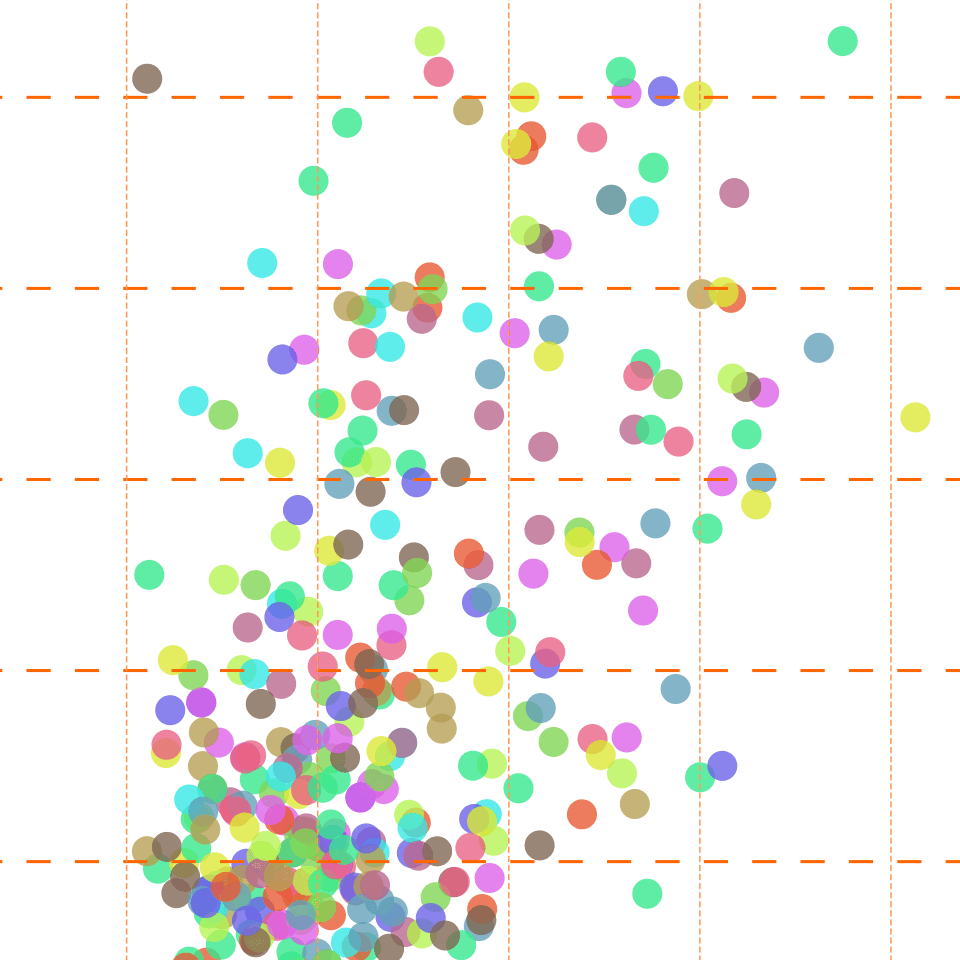
.
Can we quantify and model dynamic phenomena at different scales?
How to explain and remediate language and communication dysfunction
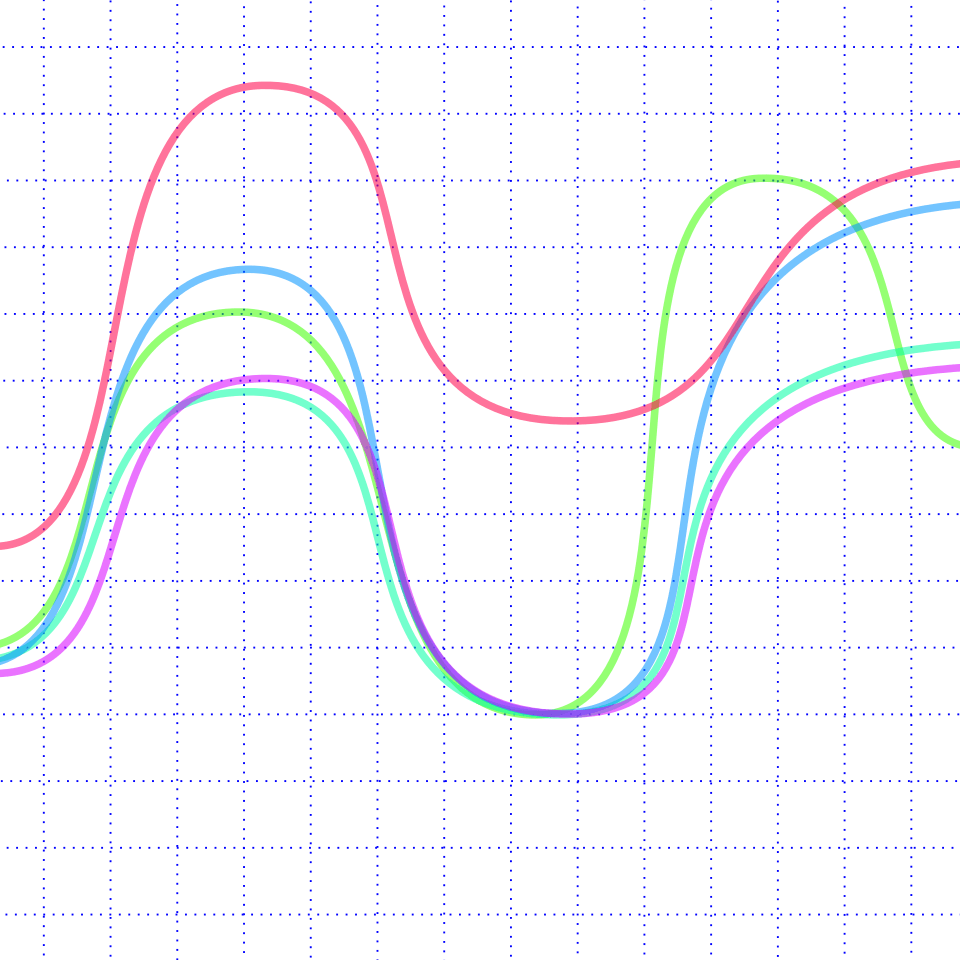
.
Recent
news and events
Recent Posts
- A few shades of supervision for discourse segmentation: Experiments on a French conversational corpus January 14, 2026
- Directory board January 8, 2026
- Deciphering the neural bases of natural soundscapes auditory perception January 8, 2026
- Toward a Child-Centered, Interactive Approach to Multimodal Language Development: A Commentary on Karadöller, Sümer, and Özyürek January 8, 2026
- Reading Acquisition Drives Linguistic Cross-Modal Convergence in the Left Ventral Occipitotemporal Cortex January 8, 2026






They talk
about us
Participez à
une expérience
Our partners
